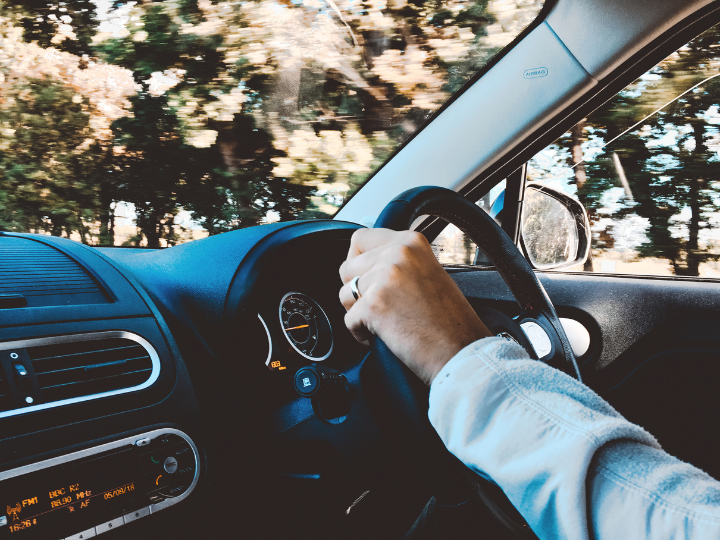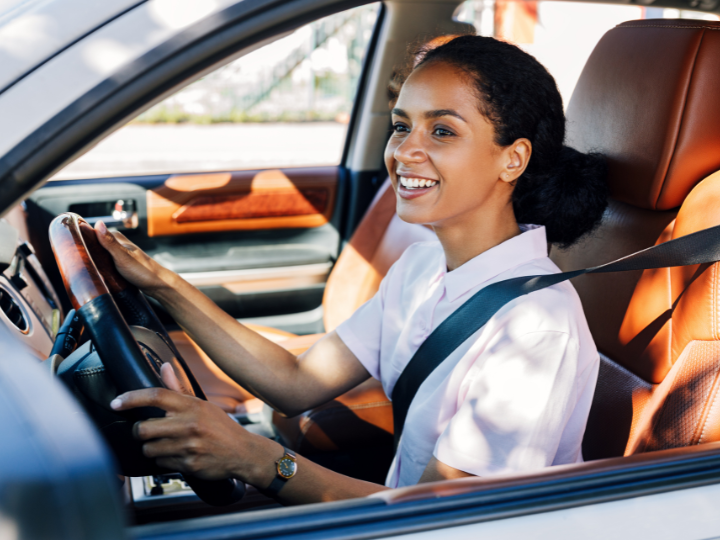What to Have in an Emergency Car Kit: Your 11 Essentials
We can’t predict car accidents. That’s why it’s extremely important that you know what to have in an emergency car kit to keep you safe on the road.
All it takes is one slip on ice, or one wrong turn, and you could find yourself stranded in an extreme situation.
Whether it’s the middle of winter or the high peak of summer, you should always have your emergency car kit in your vehicle.
At Duliban Insurance Brokers, we handle a lot of claims from people who weren’t prepared for an emergency. We want to make your life as easy as we can, so we’ve put together this list of emergency supplies for your car that you should always have on hand.
A local insurance broker who cares about your well being will take the time to go over this with you. Get a car insurance quote now to see just how far we’re willing to go to help you.
In the meantime, here’s a recommended checklist. Make sure you check off every box before you hit the road!
How to Build Your Emergency Car Kit
The Canadian Government advises that you need to be prepared with enough supplies to last up to 72 hours. Keep the kit in your trunk.
If you have kids or pets that drive with you frequently, make sure you account for items like diapers, extra food, or dog food.
While many emergency car kits can be different depending on where you live or the time of year it is, here are the most essential items you should never drive without.
1. Food and Water
Your emergency car kit, and any safety kit in general, needs to include food and water. It should be something that won’t go bad, like granola bars, and they should contain a significant amount of protein to keep you going if you get stranded.
Water should be in plastic bottles that won’t break if they freeze, and you should replace the bottles every 6 months.
2. First Aid Kit
When making a safety kit for your car, it’s essential that you have first aid supplies on hand. These supplies include, but are not limited to, band aids, bandages, tweezers, antibacterial ointment, antiseptic, and cotton balls.
Your first aid kit should also include a seatbelt cutter.
3. Flashlight and Batteries
Your flashlight will come in handy if you’re stuck or stranded at night time.
If you choose a battery operated flashlight, make sure you have extra batteries. A wind-up flashlight is a good idea to consider because you don’t have to worry about batteries and you know it will always work.
4. Emergency Blanket
One of the most universal emergency supplies for your car is a blanket. Even if you’re driving in the summertime, it can get cold at night and you can lose body heat if you’re stranded for too long.
Emergency blankets work well because they are designed to keep you warm using a metal coated plastic sheet. You can keep a basic wool blanket as well, but be careful if you get it wet.
5. A Whistle
Not all of us have loud voices. On top of that, if you’ve been stranded for a while, you can become too exhausted to call for help.
A whistle will allow you to call for help and can be more effective than just shouting. It’ll save your throat from the pain of shouting, too.
6. Jumper Cables
You should already have jumper cables in your car. But they should absolutely be included in your emergency car kit. You’ll need them if someone pulls over to help you, and you should always have them on your travels incase you drive by someone else who’s stuck.
7. Road Flares
When you think about what to have in an emergency car kit, you might not think about road flares. But they are extremely useful if you’re stranded in a rural area or on a road that’s not close to anything. You can use them to bring attention to yourself and get help.
8. Extra Clothing
All emergency car kits should have some type of extra clothing, like sweaters and extra pairs of socks. Account for whoever might be in the car with you regularly, like your spouse or your baby.
Your winter travel kit should have extra hats, gloves, scarves, or earmuffs as well.
9. A Tarp
If your accident happens somewhere you can’t stay in your car, you’ll be able to use the tarp to make shelter. It won’t be much, but it will protect you from the elements and block some of the nighttime wind.
Tarps are also handy to put over a broken window for more protection. This will keep heat in as well.
10. A Folding Shovel
Some experts say to carry some extra salt, sand, or kitty litter with you in the winter, but if you have a small car you might not have room for those things. If you can’t fit them, your emergency car kit needs to at least have a small folding shovel.
If you do get stuck on ice or other road conditions, you can use the shovel to break the ground. It will also come in handy for other situations as well, and you never know when you’ll need it.
11. Rope or Tow Strap
Your car safety kit should include rope or tow strap so people can help pull you back onto the road. If you can’t find tow strap, pack at least 10 metres of rope.
The rope will also be handy as a quick fix solution if something breaks.
Trust a Local Insurance Broker Who Will Handle the Hard Work For You
When you’ve been in a car accident, the last thing you want to deal with is your insurance company.
Our team at Duliban Insurance Brokers is ready to take the weight off your shoulders. When you hire a local insurance broker, you’re hiring someone who genuinely cares about you. We’ll put your needs first, because we work for you and not your insurance company.
That means we’ll help you out as much as we can, dealing with your insurance company for you and setting up the help you need.
Get a quote now and see for yourself the difference your friendly hometown broker can really make.










